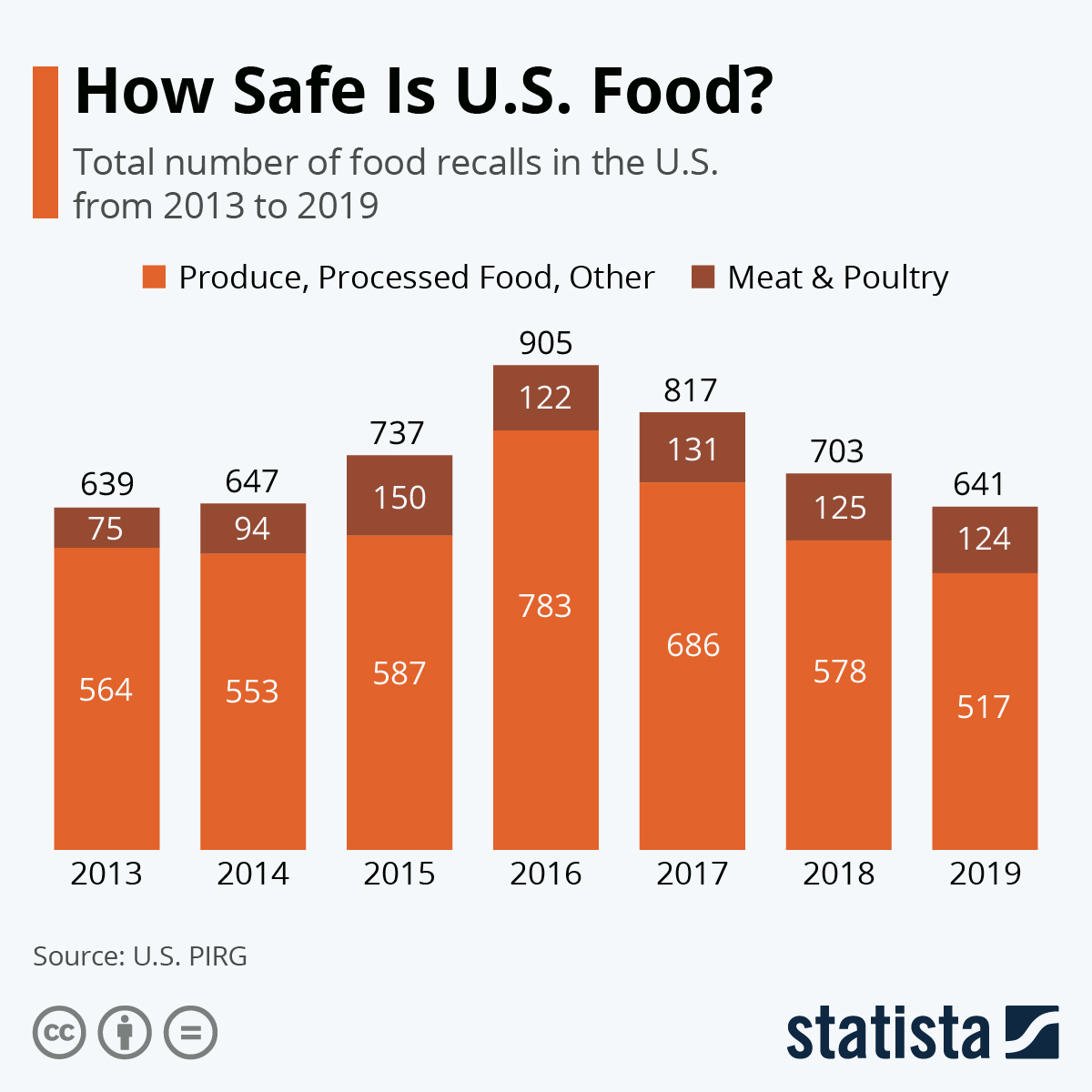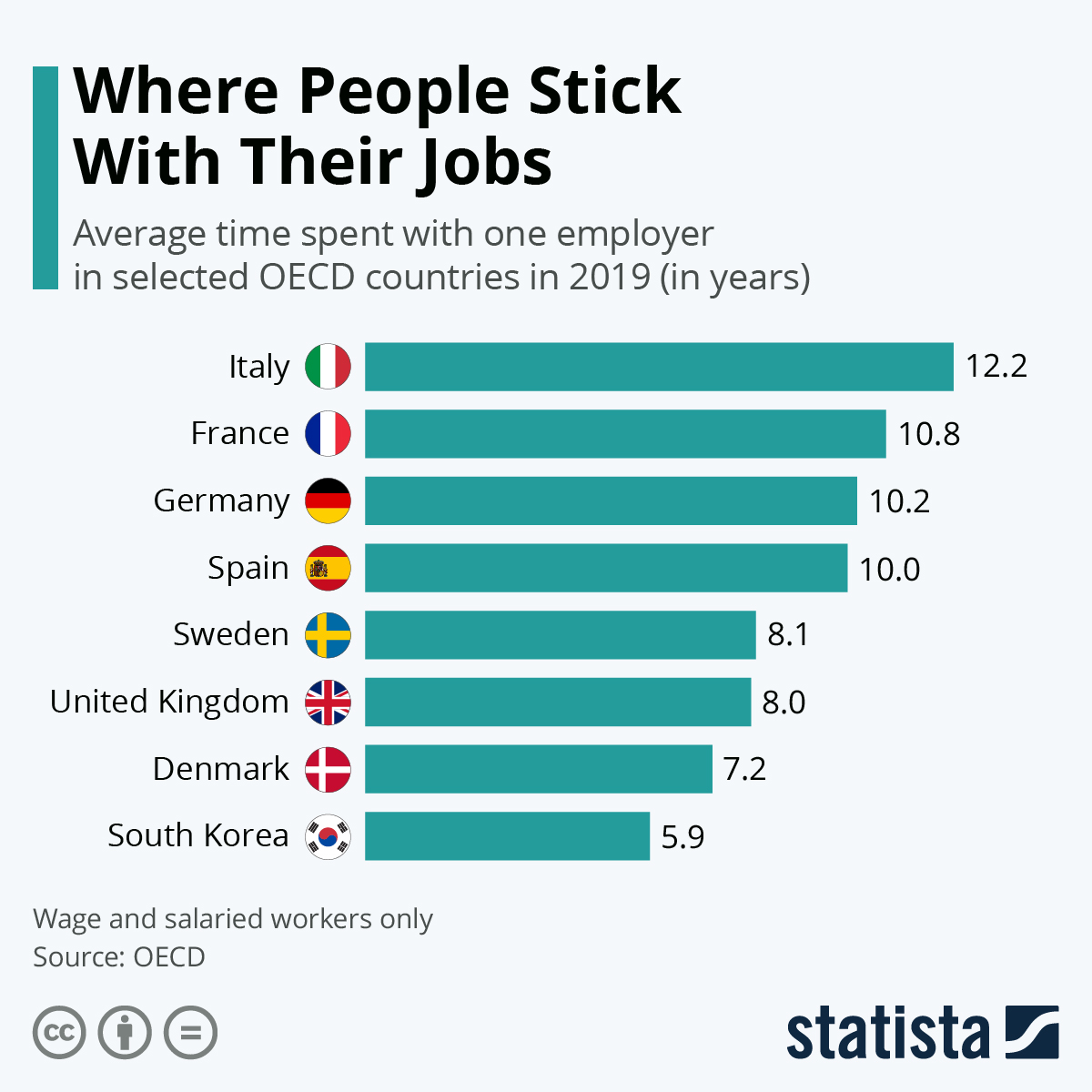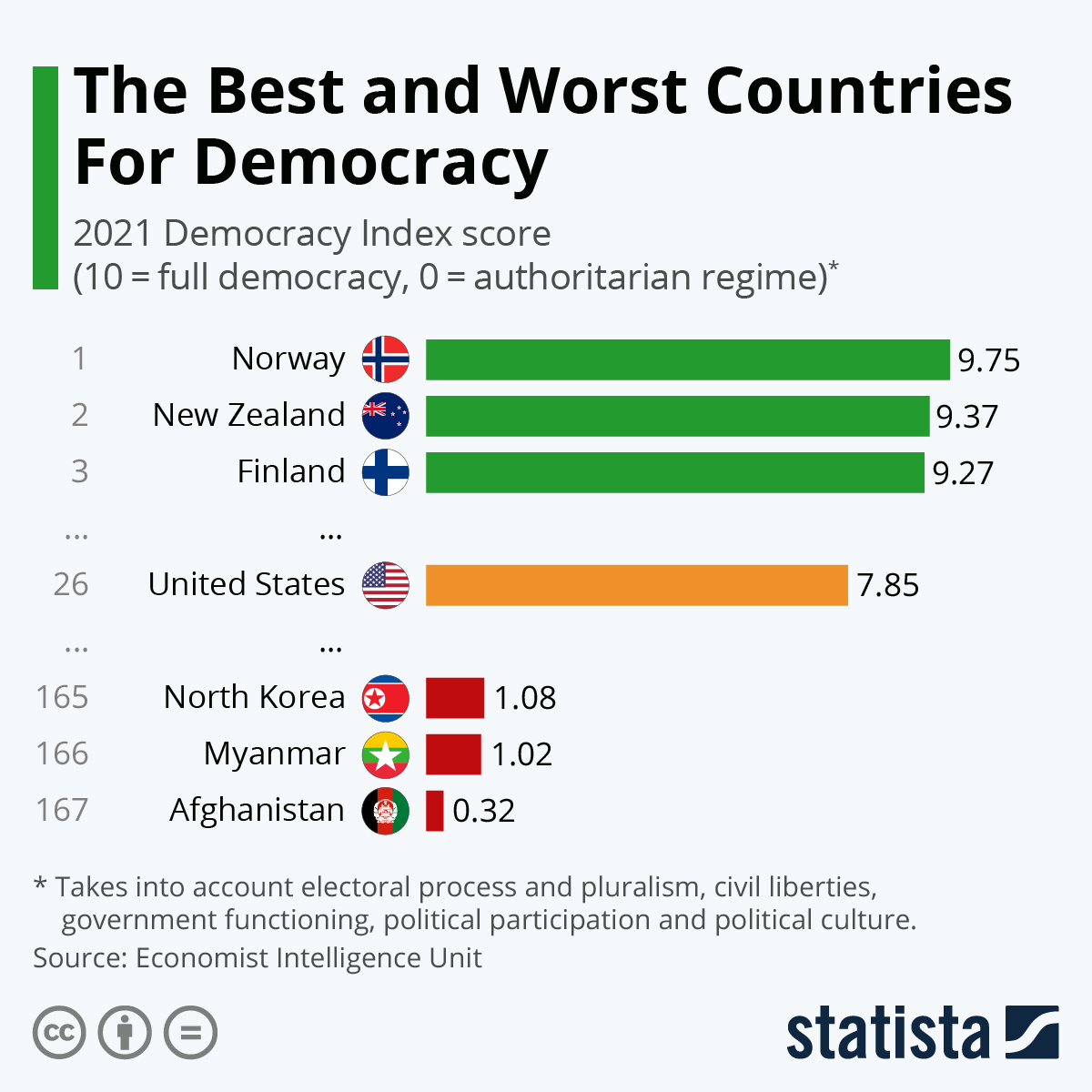VIDEO: How Tariffs Affect the Restaurant Industry [Under 60 Seconds]
The Trump Administration is leaning heavy on trade tariffs in an attempt to strong arm foreign trade partners into “better deals” as well as to promote more Americans to shop domestically. But tariffs get a bad rep and, historically, for good reason. Regardless of how well the tactic works or not, it’s important for restaurant owners and operators to know how tariffs will affect their business.
DID YOU KNOWS…
How Safe is US Food?
In 2011, the FDA passed the FDA Food Safety Modernization Act which was supposed to regulate how foods are grown, harvested and processed. It also gave the FDA mandatory recall authority, something it had been trying to get for years. Despite the passing of that law, the U.S. still experiences hundreds of food recalls annually, many of which are extremely serious. A recent analysis shows that the total number of recalls has been falling since 2016. The bad news is that the most hazardous meat and poultry recalls (Class I) have nearly doubled since 2013.
Sticking to It
The idea of sticking with one employer for their whole lifetime appalls most younger people, even though this model wasn’t uncommon just a generation ago. OECD figures show that employees in Italy are the OECD’s most loyal, on average spending 12.2 years with one employer. Outside of Europe, workers changed their companies more frequently. In Brazil, they got a new job every 7.2 years, while in South Korea they stuck around only six years on average. Alas, the US (and Japan) were not counted among the statistics.
Best & Worst Countries for Democracy
The research is based on criteria including civil liberties, the electoral process and pluralism, government functionality, political participation, and political culture with the countries rated on a 0 to 10 scale. This year's index found that the average global democracy score has fallen from 5.48 in 2018 to 5.44 in 2019, the worst average score since the research was first conducted in 2006. Northern Europe leads the way for democracy with Norway recording the highest score, 9.87. The US, “leader of the free world,” ranked a measly 25th at 7.96.
TRY A LITTLE TENDERNESS [Song]
Why it matters to you: Expanding SNAP to allow for prepared meals should be a no-brainer.
If you live in California, then you likely know first-hand how bad the homeless crisis has become in your state. Equally as likely, you know someone that has been dislodged by housing prices that have skyrocketed out of reach to average Americans. The story of Esperanza Fonseca is a perfect example of how homelessness can affect even the most well-prepared folks, but those people need a little help to recover control of their lives and their dignity.
Back in 2016, she had recently lost her job and her apartment in Southern California and was living out of a friend’s car. After enrolling for SNAP food-assistance benefits in her county, she tried to use her benefits card to buy the salmon lunch special at a Ralph’s supermarket, but was refused. What she didn’t know then was there is a little known rule under SNAP called the Restaurant Meals Program (RMP).
This obscure provision in the federal Food Stamp Act that lets food assistance programs in California and elsewhere allow SNAP recipients to buy food that they will use to prepare meals at home — a requirement that advocates say discriminates against people who are unable to cook. Think about it, when you are homeless you likely lack the capacity to cook which means you are limited to highly processed or raw foods to sustain yourself.
Esperanza eventually got back on her feet and is now a key advocate for the RMP. Most folks involved with SNAP don’t know about this program, but Fonseca is working to correct that issue. From there you might actually see a rise of SNAP being used for fast-casual meals. We for one would welcome that both from a volume perspective, but also as a way to deliver value to your community. Certainly one way to work your way out of homelessness is being fed so you can focus on finding your way back to main-stream society.
[Source: Eater]
THE LIFE YOU SAVE
Why it matters to you: Salvaging a struggling employee is win for everyone.
With today’s hiring climate of super low unemployment and workplace competition, it has become even harder to get staffed and stay staffed. This is precisely we have to find a way to salvage a staffer even if they aren’t performing to expectations. You have already invested in training them, which is why this podcast on hitting the reset button with a team member is so relevant to how you manage people. There is a short video from the podcast that specifically offers some guidance on how to execute that reset.
First and foremost, your reset relies on you having properly articulated your expectations to your employee. Before they start, it is your responsibility to review their job description, so they understand the role they have accepted. The podcast further suggest you outline key success factors, so the employee can know in advance how your expectations translates into results.
When that new hire begins to struggle then you have the basis to have that reset conversation. Here it’s on you to be patient and kind and you do that by asking them how they are feeling about their job. Ask them to identify anything at work or in their life that might be impeding them from the success. By giving them a chance to discuss their performance before correcting it, you may learn of a factor you didn’t consider. Only this way can you help save the employee, save the money you paid to train them, and saved the disruption of losing a team member. Everyone has hired an employee with who they believed would be great that didn’t end up working out. The real question is, ”Did you do something about it before it happened?”
[Source: Running Restaurants]














